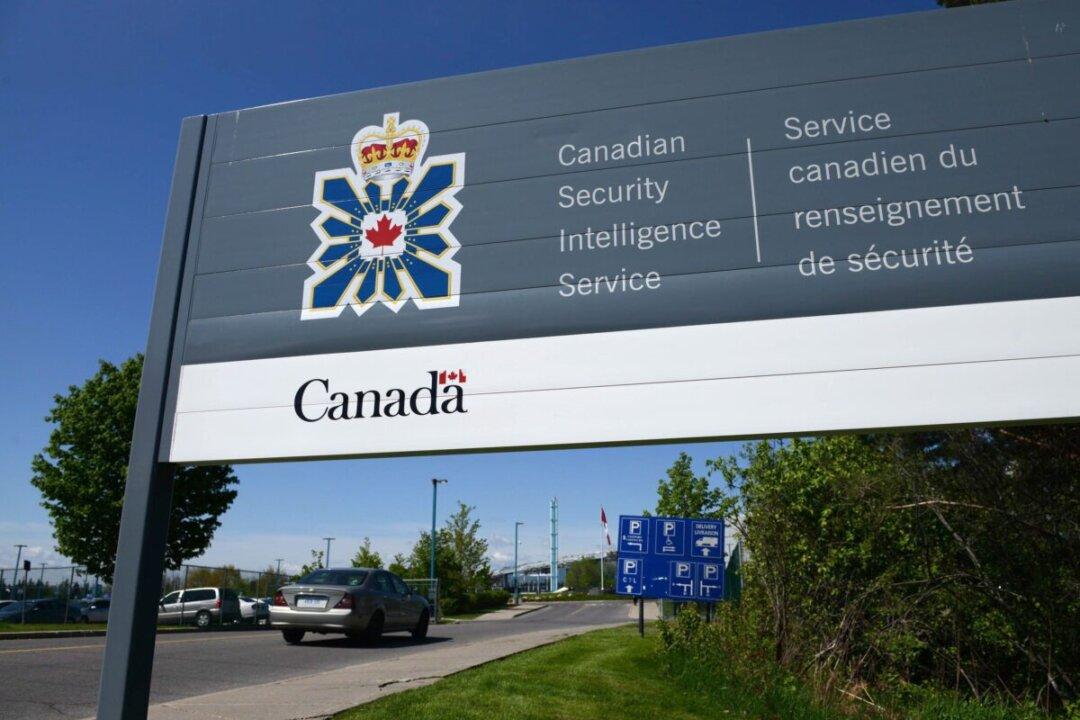Canada’s spy agency has been warning universities and researchers that their work is likely to be stolen by “non-traditional intelligence collectors” if they continue to encourage openness and international collaboration without paying enough attention to national security.
“You may unwittingly invite these non-traditional collectors into your front door, as you pursue business arrangements or R&D collaborations,” said a presentation titled “academic outreach” by the Canadian Security Intelligence Service (CSIS).





